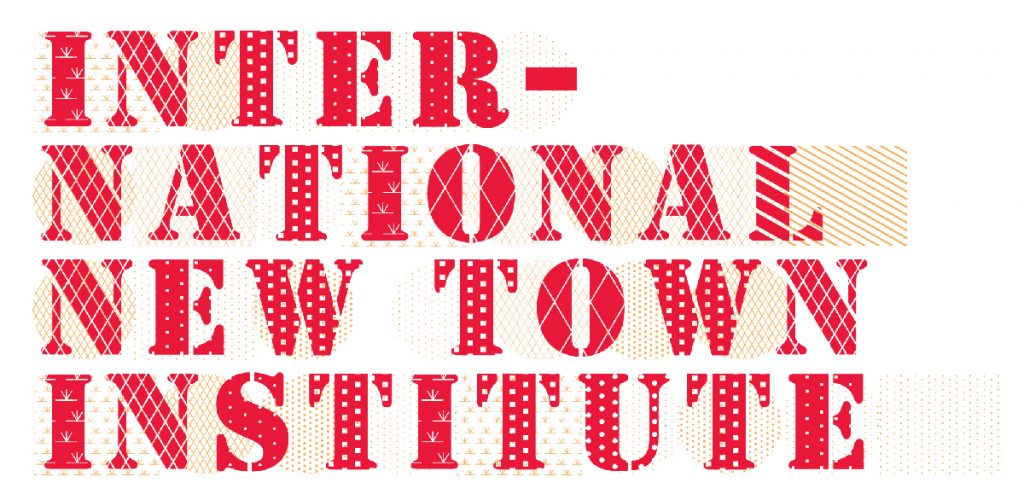Africa has become the world’s fastest urbanising continent. This urbanisation is a huge challenge in areas with fragile institutional frameworks and chronic poverty. Existing cities often become overcrowded and congested. In response to this, both state and private developers increasingly see a market for New Towns – comprehensively planned, mixed-use urban developments on greenfield sites. If all the New Towns in Africa that were announced by 2018 meet their targets, 77 million people in Africa (or nearly 10 per cent of the total urban population), will be living in New Towns by 2030.
The International New Town Institute has initiated research into this phenomenon and issued a publication, ‘To Build a City in Africa. A History and a Manual’. In many cases, these New Towns end up attracting mainly international companies and catering exclusively to the middle- and upper-income groups, disregarding the low-income groups who make up the majority of Africa’s urban dwellers, and failing to adequately address ecological vulnerabilities. The conclusions of the extensive research, supported by UN Habitat, are presented in the Manual, a set of ten design and planning principles. The Manual offers an alternative approach for planners, developers and other decision-makers aiming to construct more inclusive and sustainable New Towns in Africa. During the workshop, the validity of these principles for different stakeholders will be tested.
Led by: Michelle Provoost (INTI), Rachel Keeton (TU Delft).
The Manual will be available for purchase during Africa Works! 2019.



